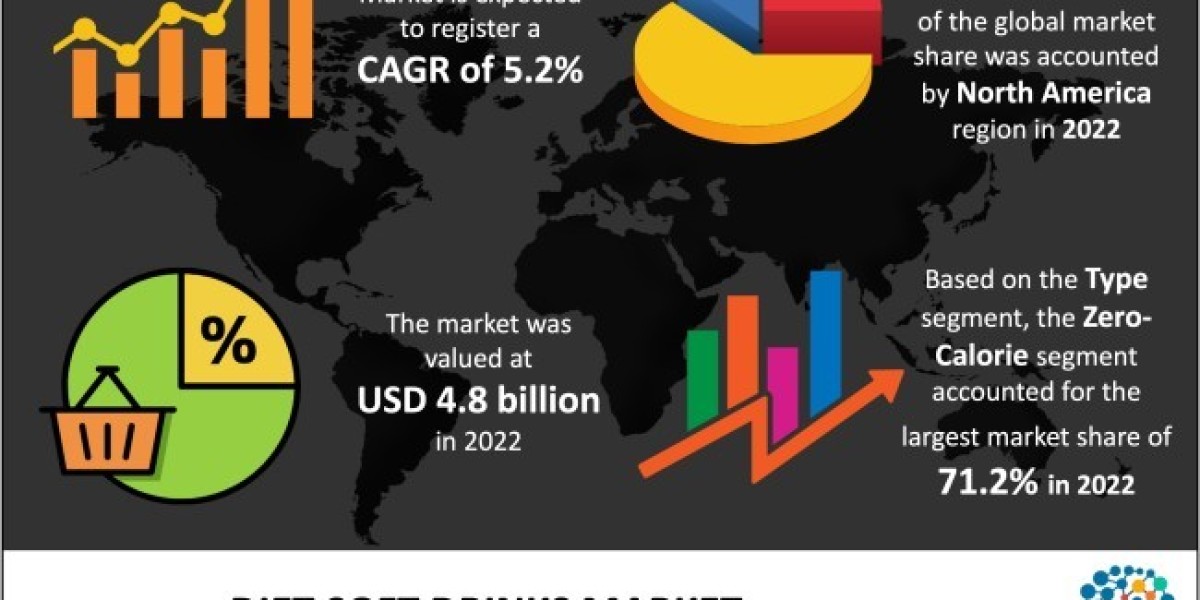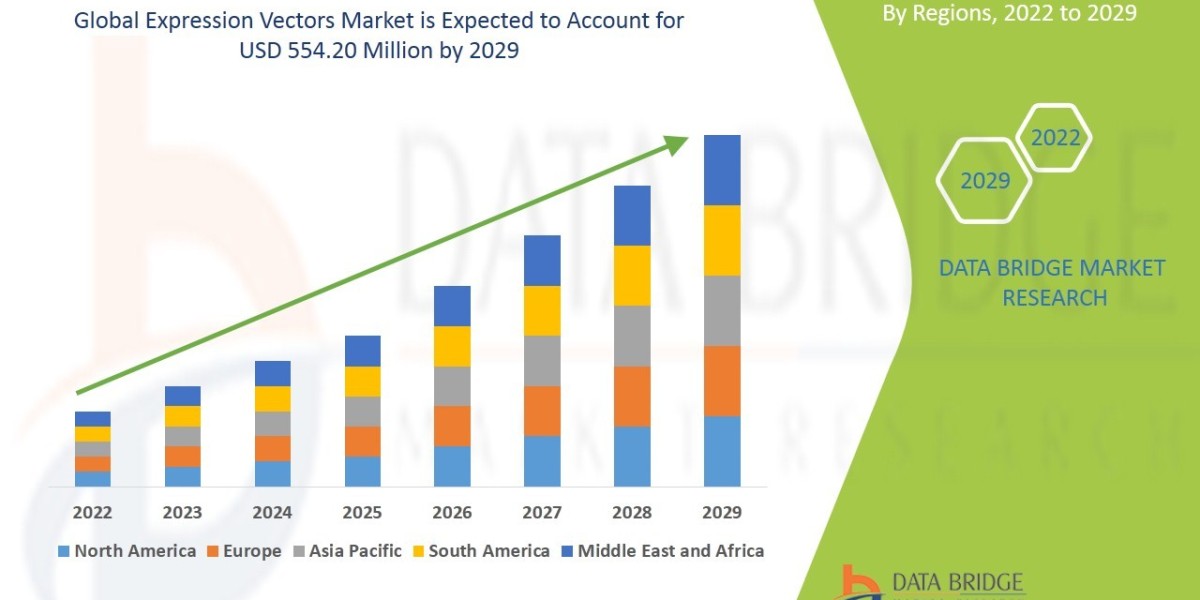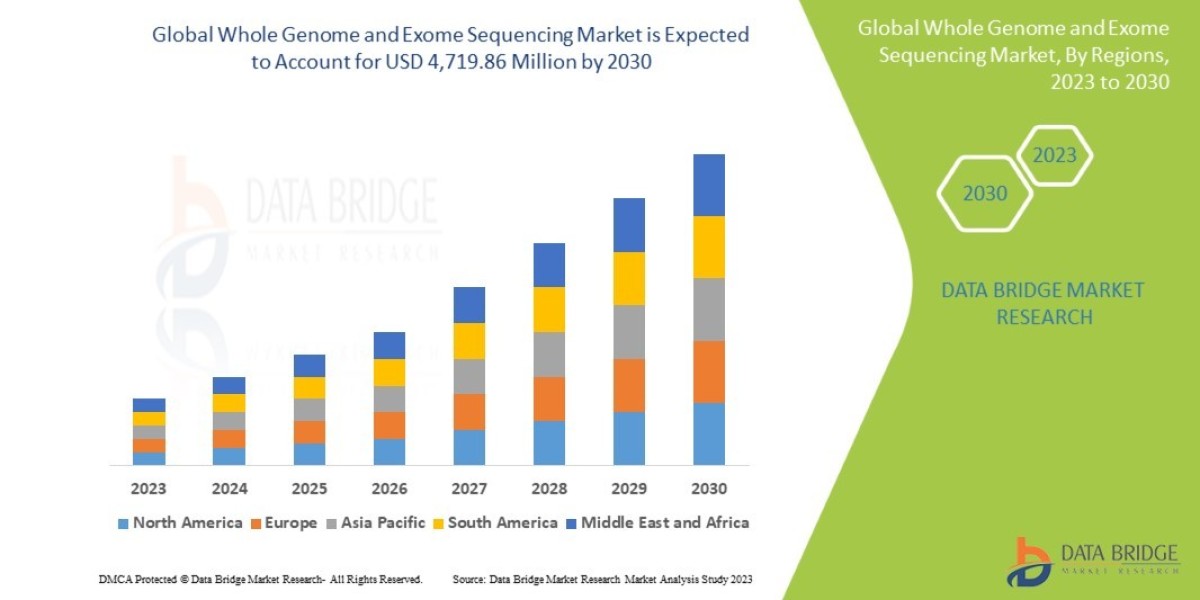Blockchain APIs, also known as application programming interfaces, act as software interfaces that empower developers to engage with a blockchain network. Through these APIs, users can interrogate and modify blockchain data, encompassing transactions, smart contracts, and other assets inherent to the blockchain, by leveraging the functions and protocols they provide.
By way of illustration, APIs enable developers to access the consensus algorithms employed by blockchain networks, allowing them to evaluate and refine their blockchain applications by comprehending how the network achieves consensus on transactions and blocks. Developers can assess the compatibility of their applications with various consensus techniques by simulating diverse network scenarios, thereby aiding in the identification and resolution of potential issues before deploying their applications on the blockchain network itself.
There are various types of blockchain data api available, each with a specific purpose in the blockchain ecosystem. The article describes the common types of blockchain APIs, but other types of APIs may be available depending on the particular blockchain network and use case.
Node API: This node API facilitates access to nodes in the blockchain network. It enables developers to transmit transactions to the network and retrieve various data, including transactions and blocks, from nodes. The node API is typically used to build decentralized applications and communicate with the blockchain network.
Smart Contracts API: Smart contracts are self-executing protocols represented as code. Smart contract APIs allow access to smart contracts on the blockchain network, enabling developers to create, deploy, execute, and interact with smart contracts. Smart Contract APIs are typically used to develop Dapps that require smart contract functionality, such as Decentralized Finance (Defi) applications.
Wallet API.
By utilizing the Wallet API, developers can manage Bitcoin transactions by accessing a blockchain wallet. The interface allows users to monitor transaction history, send and receive cryptocurrency, and view wallet balances. The Wallet API is commonly used to develop applications that require cryptocurrency payments, such as e-commerce platforms.
Market Data API.
Provides access to real-time market data on cryptocurrencies and other digital assets via the Market Data API. This interface allows for the retrieval of market parameters, including volume, price, and other metrics, which is beneficial for applications that require real-time market information, such as trading platforms.
Identity API.
The Identity API within the blockchain network is used as a mechanism to authenticate users and applies to a variety of blockchain applications that enable the management of digital identities and user verification. Identity APIs are often used to develop applications that require user authentication and verification, such as online voting systems.



